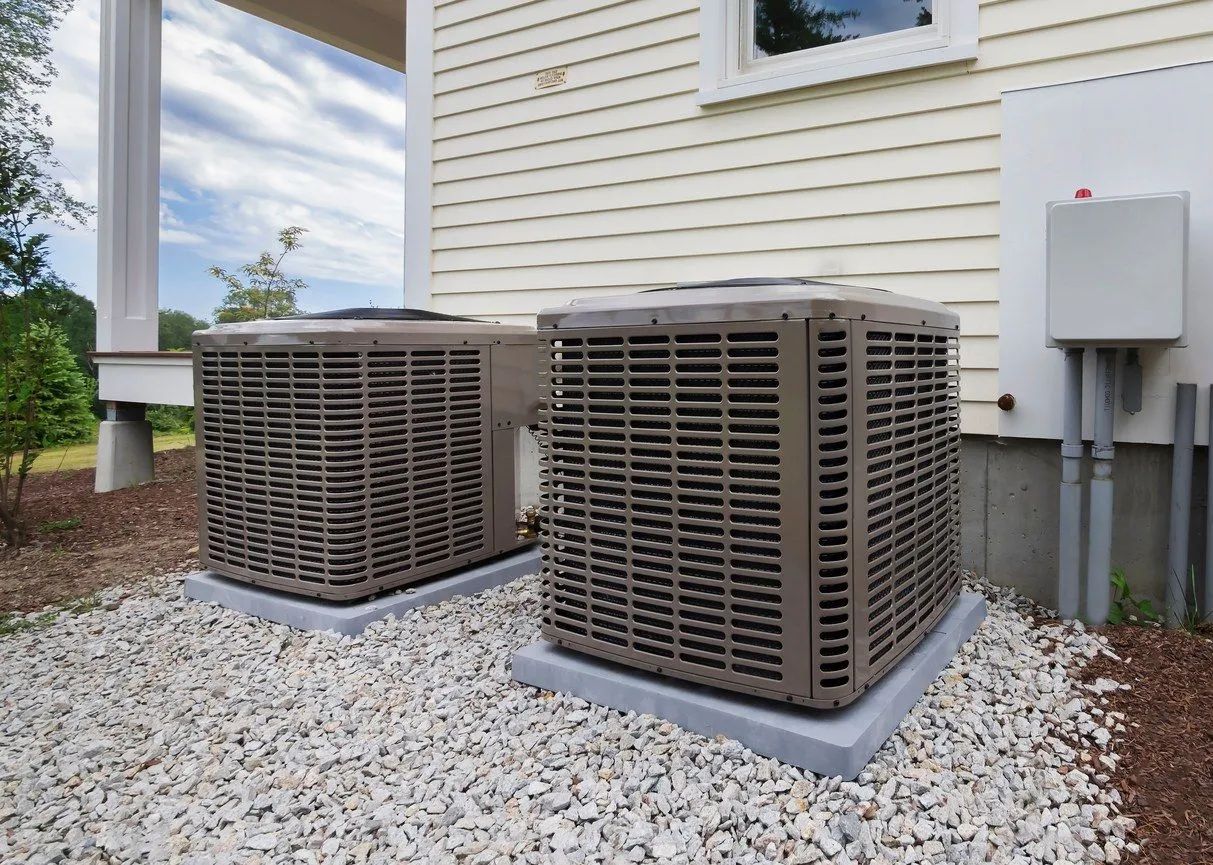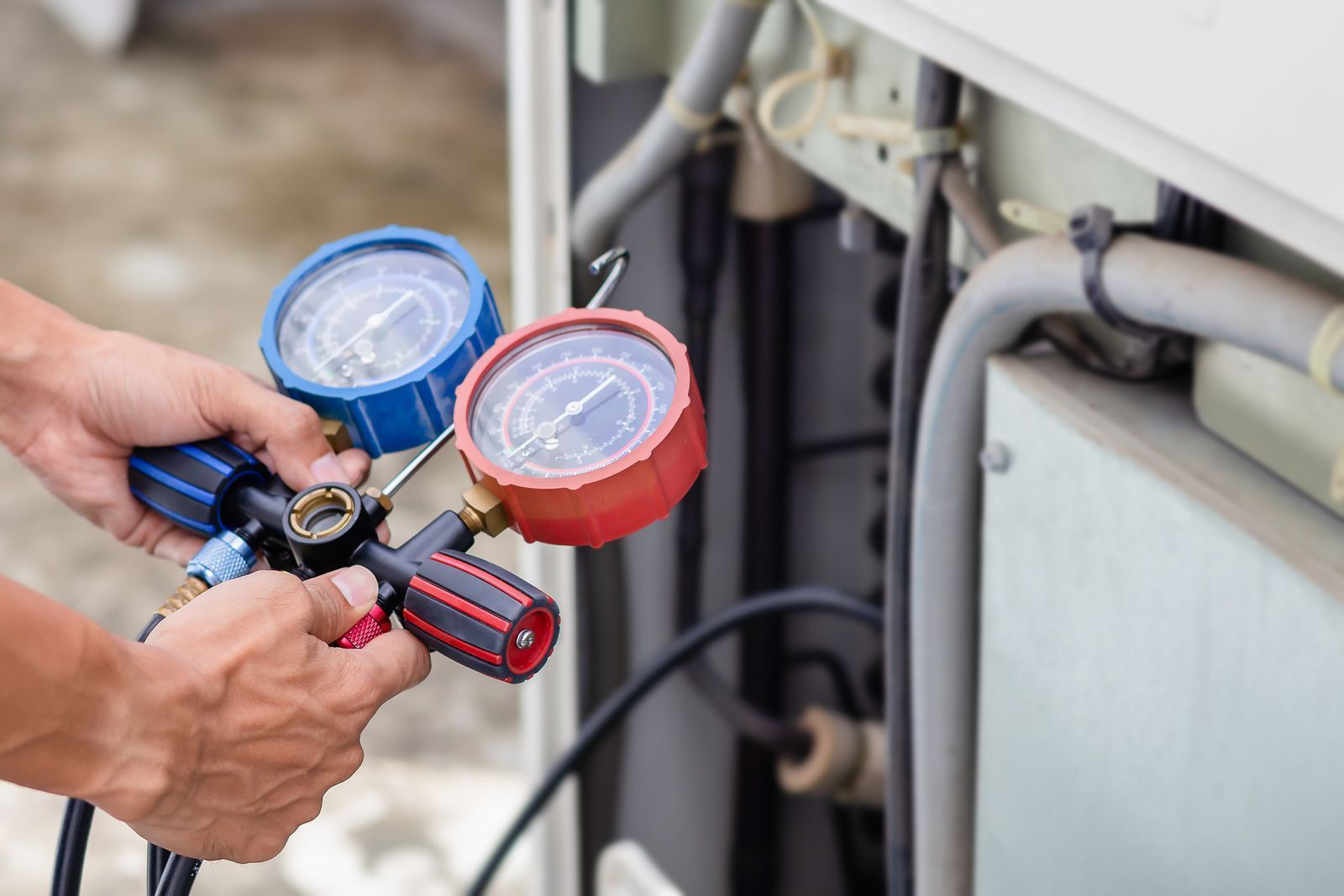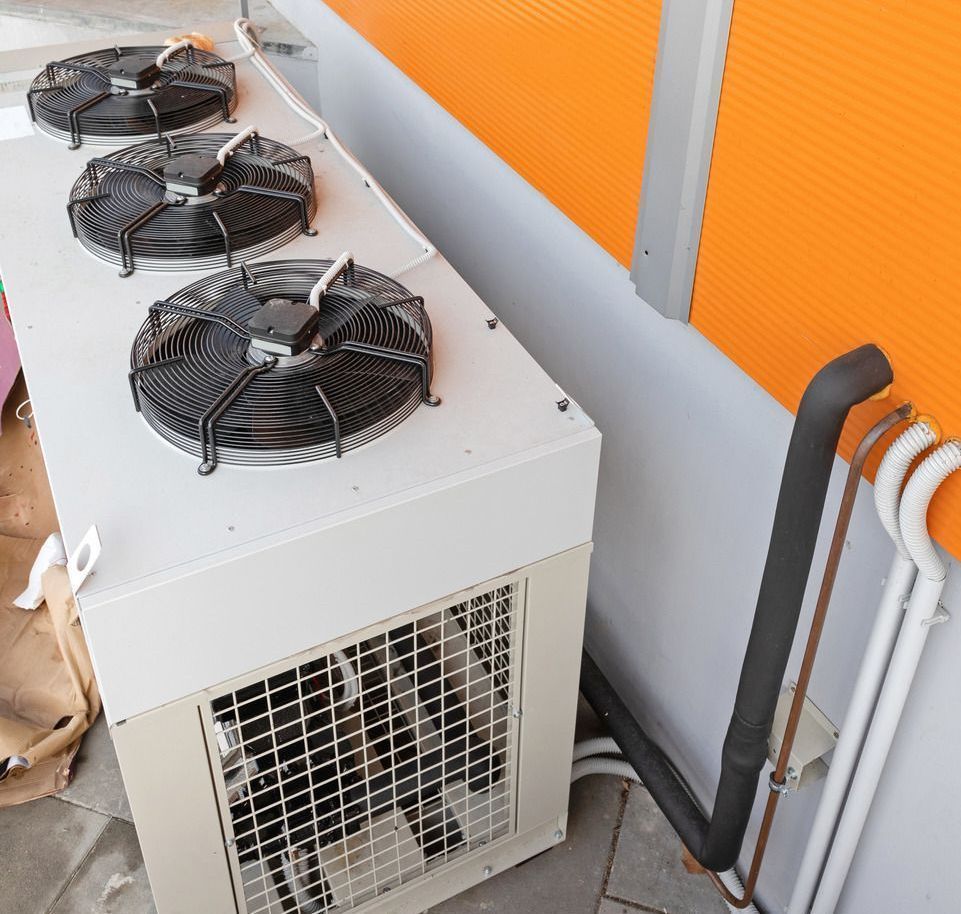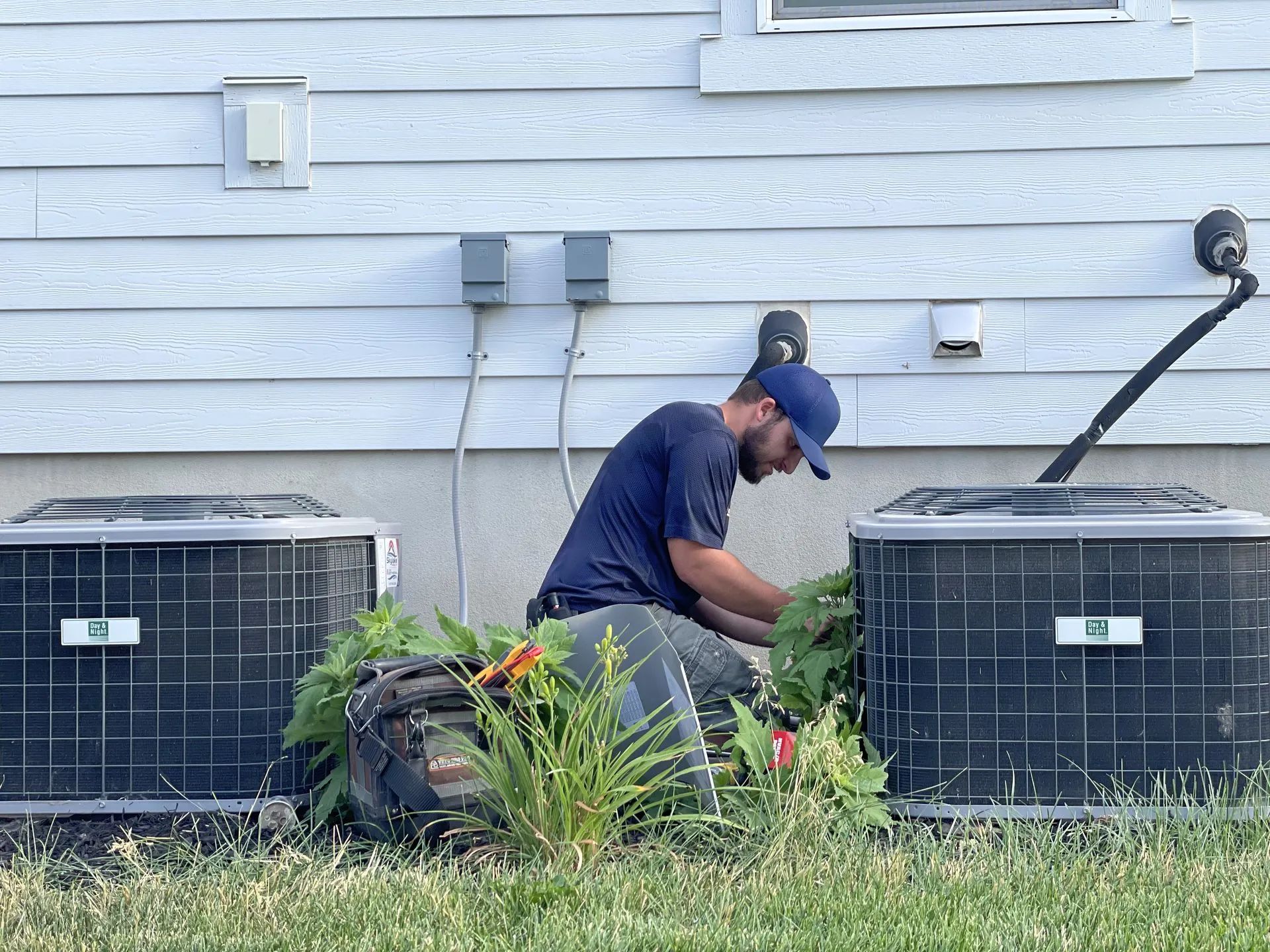Heat Pumps vs. Traditional HVAC Systems: Which One Is Right for You?
August 7, 2025

Choosing between a heat pump and a traditional HVAC system is a key decision for homeowners looking to improve comfort and efficiency. Both options provide heating and cooling, but they operate differently and have distinct advantages depending on climate, energy efficiency needs, and budget.
Understanding the differences between these systems can help you make the right choice for your home. While heat pumps transfer heat instead of generating it, traditional HVAC systems use separate heating and cooling units. Let’s compare both to determine which is best suited for your home.
How Heat Pumps and Traditional HVAC Systems Work
Heat Pumps: A Dual-Purpose Solution
Heat pumps work by transferring heat rather than generating it. During winter, they pull heat from the outdoor air or ground and move it indoors. In summer, they reverse the process, removing heat from inside your home to cool it. Because they rely on electricity and don’t burn fuel, they are highly energy-efficient.
Traditional HVAC Systems: Separate Heating and Cooling Units
A traditional HVAC system consists of a furnace and an air conditioner. The furnace burns fuel (natural gas, propane, or oil) to produce heat, while the air conditioner removes heat to cool your home. These systems operate separately, meaning you need both for year-round comfort.
Comparing Heat Pumps and Traditional HVAC Systems
Heat pumps are more energy-efficient in moderate climates because they transfer heat rather than create it. This can lead to lower utility bills, especially in areas with mild winters. However, in extremely cold regions, heat pumps may struggle to extract enough heat from the air, reducing efficiency.
Traditional HVAC systems, particularly gas furnaces, can be more effective in freezing temperatures. While they consume more energy than heat pumps, they provide consistent heating even in the coldest months.
1. Energy Efficiency and Cost Savings
2. Climate Considerations
Heat pumps work best in areas with mild winters, where temperatures rarely drop below freezing. In colder climates, supplemental heating may be needed, which can increase costs.
Traditional HVAC systems, especially gas furnaces, excel in regions with harsh winters. They can generate high heat output, making them more reliable in extreme cold.
3. Installation and Upfront Costs
Heat pumps generally have a higher upfront cost compared to a single HVAC unit. However, since they serve both heating and cooling purposes, they eliminate the need for a separate furnace and air conditioner, potentially lowering total equipment costs.
Traditional HVAC systems may cost less initially, especially if only one component (furnace or AC) needs replacement. However, running two separate systems can lead to higher long-term expenses.
4. Lifespan and Maintenance
Traditional HVAC systems tend to last longer since the furnace and AC operate separately, reducing wear and tear. A furnace can last 15-20 years, while an AC unit lasts around 10-15 years.
Heat pumps run year-round, which can lead to more wear, giving them a lifespan of about 10-15 years. Regular maintenance is crucial to keep both systems running efficiently.
The right system depends on your climate, energy efficiency goals, and budget. If you need expert guidance, Warner Heating & Air Conditioning
in Riverton, UT, has 35
years of experience helping homeowners select and install the
best HVAC solutions. Contact us today to find the perfect system for your home!





